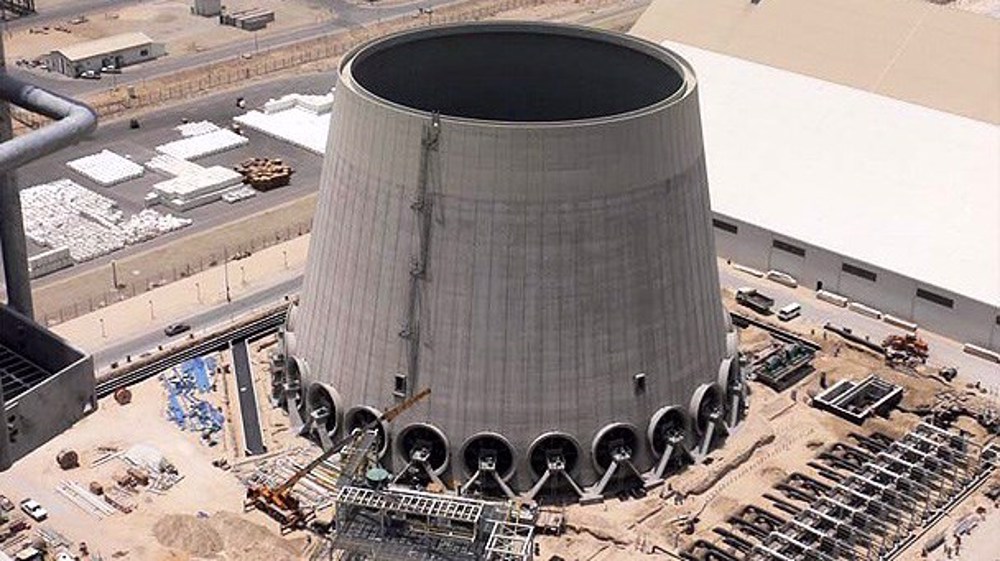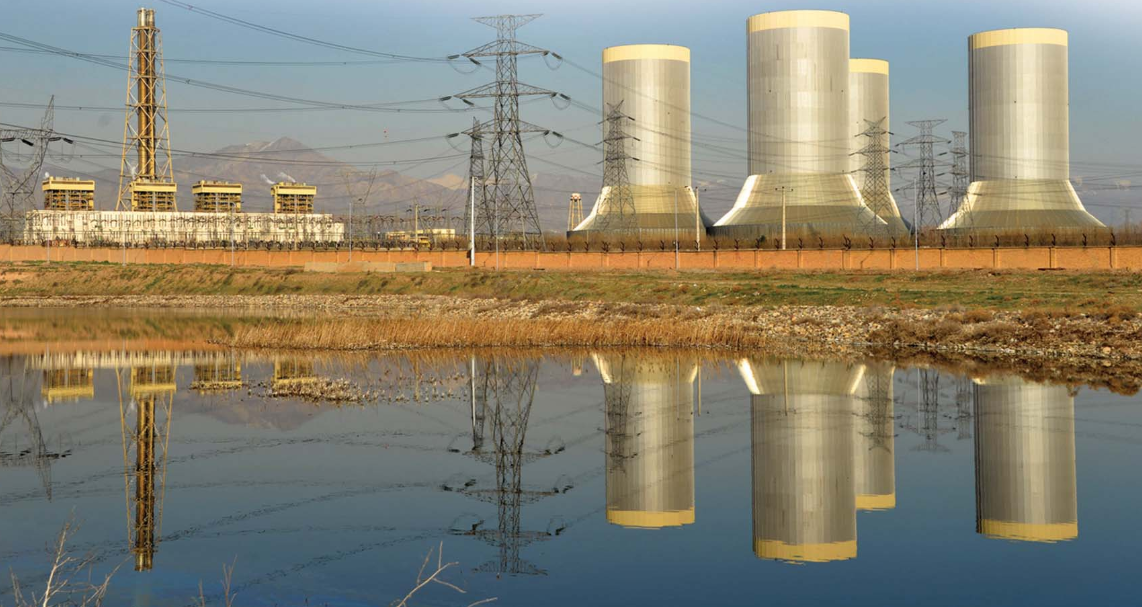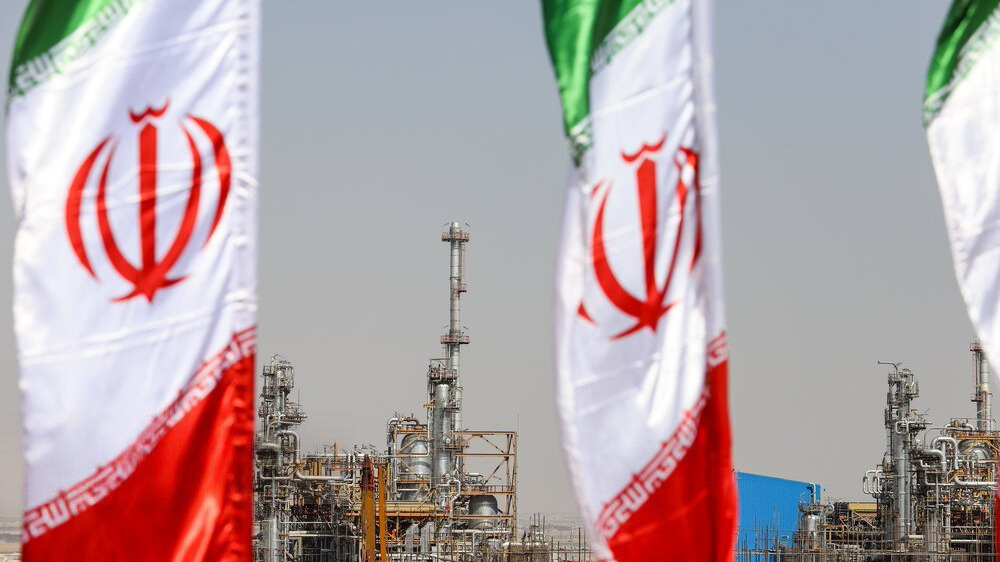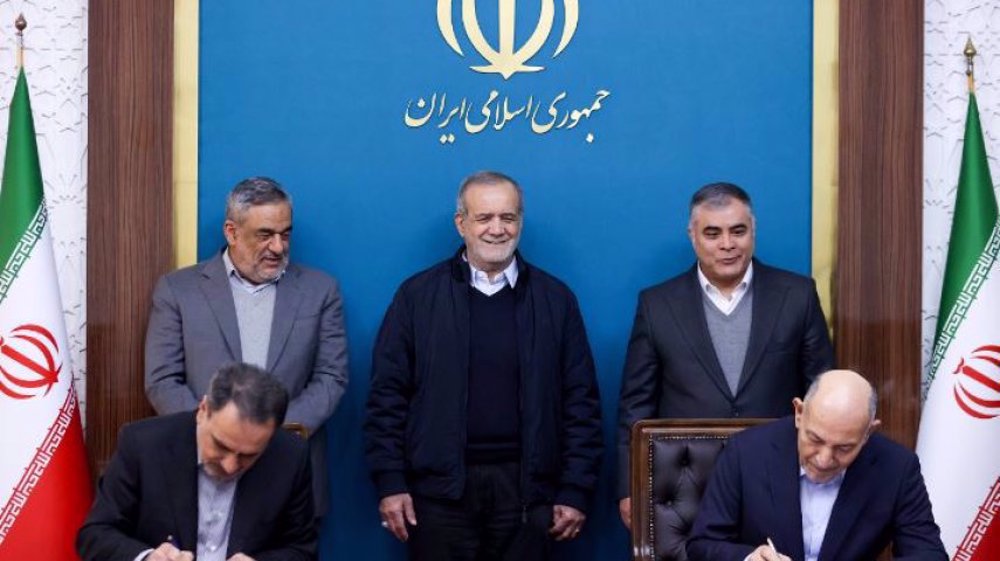Iran to build 5,000 MW of coal-fired power capacity
Iran has to build 5,000 megawatts of coal-fired power capacity in the coming years due to limitations of gas supplies to power plants in cold seasons and the need to diversify the fuel basket of thermal power generation units, a senior energy official says.
Mohsen Tarztalab, the head of the Thermal Power Plants Holding Company, made the announcement on Wednesday during a visit to Tabas in central Iran, where the country builds its first coal-fired thermal power plant.
"In order to diversify the primary sources of electricity production and due to rich thermal coal reserves in the country, especially in the Tabas region, the construction of this power plant with two units of 325 MW is on the agenda," he said.
The units will join the national grid in the Persian year of 1403 which begins in March 2024, he added.
The project, Tarztalab said, adds thermal coal as a new carrier into the country's energy basket and another 650 MW to the country's electricity generation capacity, besides creating jobs for about 6,000 people and leading to economic and industrial development in the region.
"The limitation of gas supply required by thermal power plants in the cold seasons in recent years has exposed the need to use other available energy sources to generate electricity. Hence, we are tapping our rich natural resources for energy production and trying to build the first coal-fired power plant in the country by local experts in the Tabas region."
The operation of the power plant will free up 1.2 billion cubic meters of natural gas for export, Tarztalab said.
"According to the Supreme Energy Council's regulations, we should reconsider our fuel management by 1420 and diversify the country's energy basket, under which 5,000 megawatts of coal-fired power plants should be built," he added.
Last week, head of Iran's Renewable Energy and Energy Efficiency Organization (SABTA) Mahmoud Kamani said 10,000 megawatts of new renewable capacity will be built with the help of private investors over the next four years.
Currently, Iran has about 900 MW of installed renewable capacity, of which 310 MW is wind and 390 MW solar, he added.
According to former energy minister Reza Ardakanian, Iran produces 60,000 MW of electricity - 50,000 MW thermal and 10,000 MW hydro – "provided that all dams are full and all thermal power plants operating".
Before former US president Donald Trump reimposed sanctions on Iran in May 2018, the Islamic Republic expected its installed renewable capacity to grow at least sevenfold over the next five years.
However, European companies such as Norway’s Saga Energy, British firm Quercus, Dutch energy firm Global Renewables Investments (GRI), cancelled their plans to build renewable capacities worth several billions dollars in Iran.
Almost all of the natural gas that Iran produced in 2019 was consumed domestically. That year, Iran consumed more natural gas than all but three other countries: the United States, Russia, and China.
In Iran, the residential and commercial sectors use natural gas for space heating, and the industrial sector uses it for feedstock, especially in the petrochemicals industry.
The high consumption is driven by massive subsidies provided by the government which is in a race against time to catch up with the rising demand.
VIDEO | UK arrests Press TV contributor amid crackdown on pro-Palestine activism
VIDEO | Axis of Resistance stands as multinational front for justice
Swiss academics call for end to research treaty with Israel over Gaza genocide
VIDEO | Israeli regime harasses, tortures Gazans returning through Rafah crossing
Israel faces existential threat of internal collapse before centenary, general says
Police fire tear gas as protests erupt against ICE and Israel at Milan Winter Olympics
UK PM’s chief of staff resigns over appointment of Epstein associate as US envoy
Iran leads Islamic world in electric vehicle motor technology











 This makes it easy to access the Press TV website
This makes it easy to access the Press TV website